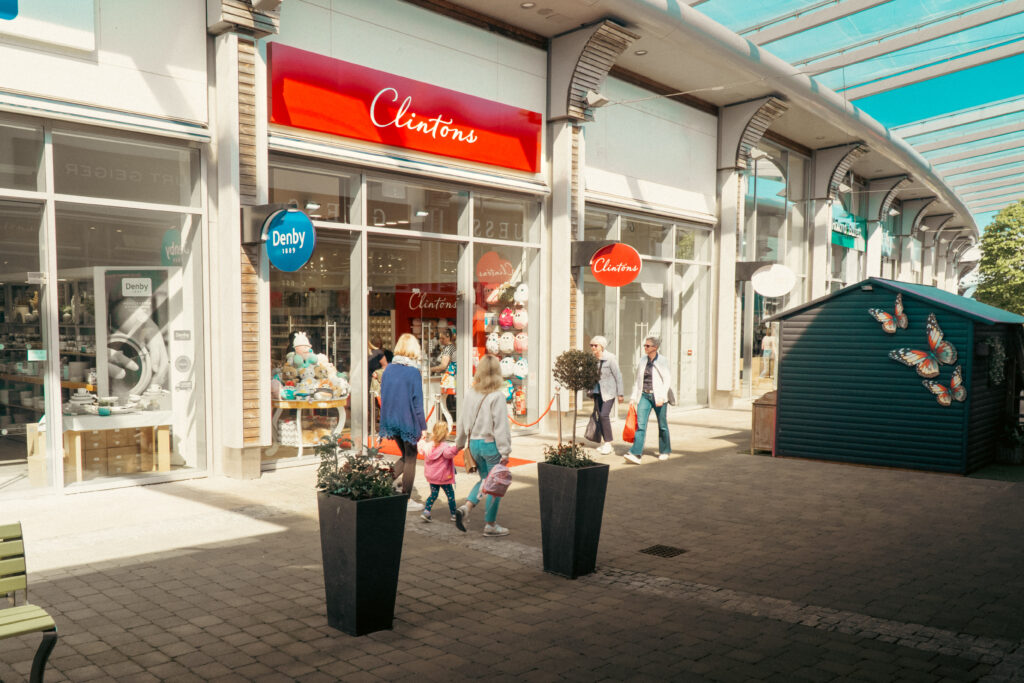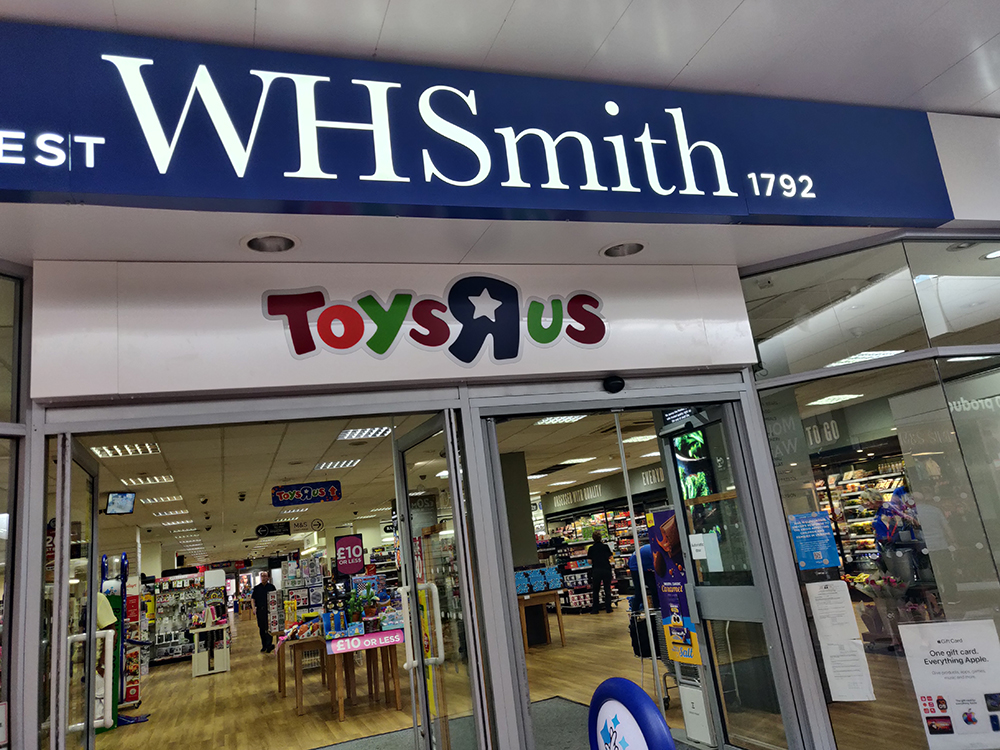“Conflict and hardship plus growing environmental problems will bring good people together and ignite a desire to seek the true purpose of human life.”
Despite what many may think, Craig Hamilton-Parker – the man who correctly predicted Brexit, Donald Trump’s US election win and the royal engagement – is not the only person to offer some positive predictions for the year ahead.
In fact, there’s apparently plenty to look forward to: the end of polio, driverless cars, a new space race and of course Avengers Infinity War.
Retailers have endured as tough a year as anyone – many went as far as to dub it the “retail apocalypse”. Now the retail industry, just like the rest of us, is crying out for some good news.
Lynda Mills, the director of retail trade body the Direct Selling Association, for one, is particularly positive about the coming year.
“I predict further strong growth across non-store retail channels, and I think that this will help to drive modest growth more broadly in retail in 2018,” she said.
“The demand for more tailored and personalised retail ‘experiences’ will be a key trend in 2018, and tied into this I expect to see considerable evolution of retail’s engagement with consumers via social technology platforms.”
We are witnessing the evolution of what could be termed ‘retail 3.0’
Personalisation was a popular topic throughout 2017 and it’s predicted to become an even more prominent part of retail in the coming months. Regardless of its potential applications, vice president of cyber security at CGI, Dr Andrew Rogoyski, said that with increased personalisation “comes rising concerns over privacy”.
“As customers realise the extent that their behaviours can be profiled, many people will want to resist the retail ‘Big Brother’ watching you,” he said.
“Big Brother” has to store all of its data on you somewhere, and with the General Data Protection Regulation (GDPR) set to come into effect in April, how and where this is stored is set to dominate many retailers’ agendas.
According to a recent study by Mindshare, 80 per cent of people want more control over what companies do with their information, though 53 per cent said they would be willing to allow the use of their data for an incentive.
Mindshare stated: “As data becomes a hotter topic in 2018, people will be radically re-appraising their attitudes and behaviour towards it. Consents will be key in 2018, so work out what that acceptable data exchange with consumers is way in advance of GDPR.
“If 2017 was the year that AI and job loss hit the headlines, 2018 will see the technology taken to the next level with the rise of data analytics and cloud.”
READ MORE:
This “next level” will involve far more than simply the acquisition of customer data. New technologies like voice recognition, automated drones and increasingly sophisticated AI will lead to an “evolution” in retail, according to Mindtree’s head of retail Ronojoy Guha.
“Artificial intelligence (AI), machine learning and the ‘internet of things’ will merge to achieve new levels of intelligence,” he explained.
“We will also see the beginning of new forms sensor usage, especially in stores, to understand the path to purchase, key customer triggers, sensitivity to changes in price and display, and to introduce the next generation of customer engagement.
“In essence, we are witnessing the evolution of what could be termed ‘retail 3.0’, which is not only powered by technology, but will also be characterised by rapid evolution and transformation with breakthrough technological innovations.”
One of these technologies which gained a lot of attention in 2017 is augmented reality (AR). Though it saw some adoption by retailers last year, the launch of new technologies from both Apple and Google allowing AR apps to be developed on mobile devices in 2018 could blow the market wide open.
Flixmedia chief executive Scott Lester believes this will lead to greater adoption and will see the emergence of AR as a service.
“White labelled point-and-place type AR solutions will increasingly be adopted by retailers looking for a means of offering an enhanced, immersive shopping experience, without the costs and effort of building from scratch,” he said.
Popular cloud-based wallets such as WeChat Pay and Alipay will also break down borders and disrupt the payments ecosystem
“A monthly subscription fee will allow retailers to affordably enter the AR scene, and scale their offering in line with consumer demand and tech developments.”
AR will further increase the importance of smartphones within retail. Big brands are already scrambling to ensure their sites are mobile-friendly, and m-commerce is hot on the heels of ecommerce in terms of sales volumes.
Another area likely to be transformed by smartphones next year is payments. Worldpay predicts that mobile wallets will overtake debit cards, becoming the most used online payment method, representing 34 per cent of the market.
Although Apple’s mobile wallet Apple Pay is reporting exponential growth, with 100 new users each week, Verifone’ June Felix predicts that rival tech giants could make big waves this year.
“Popular cloud-based wallets such as WeChat Pay and Alipay will also break down borders and disrupt the payments ecosystem,” he said.
As expected, technology will bring the biggest and most dramatic changes to retail this year, building on the emergent technologies of 2017, finding more significant and wide-ranging uses within the sector.
Far from being the “retail apocalypse” many predicted at the end of last year, the outlook appears to be one of huge possibilities for retailers smart enough to capitalise on them.
Click here to sign up to Retail Gazette‘s free daily email newsletter

















